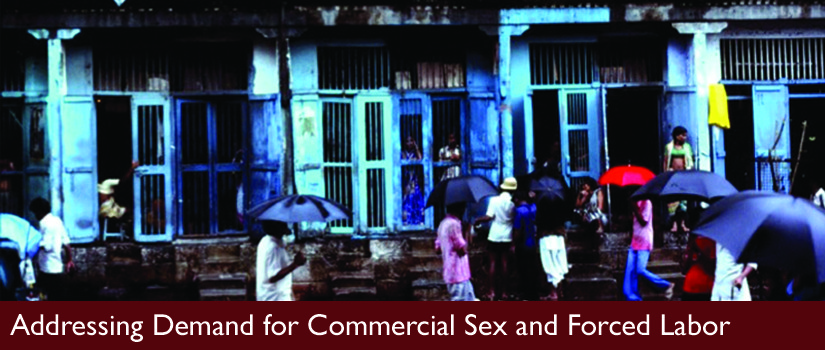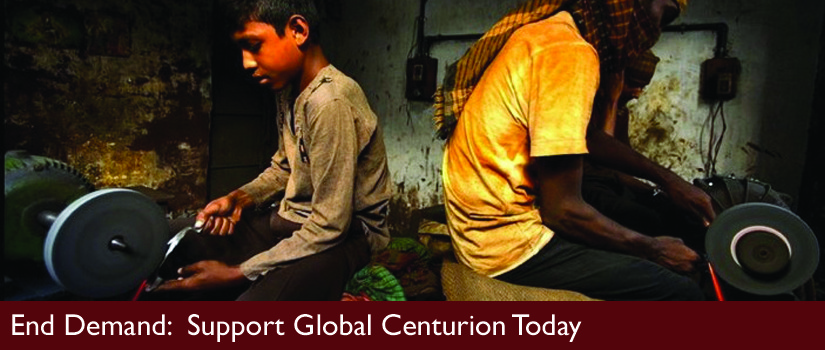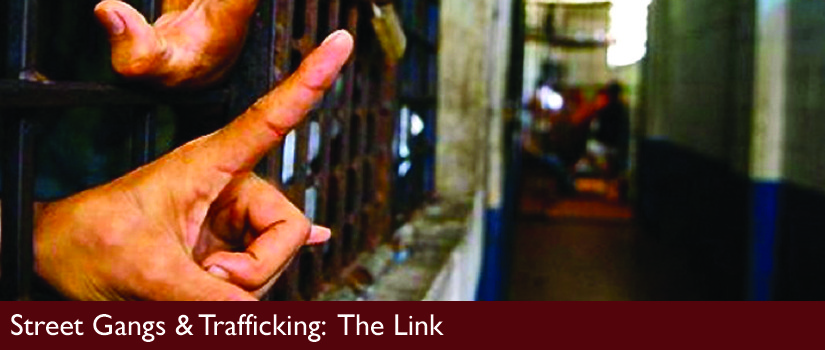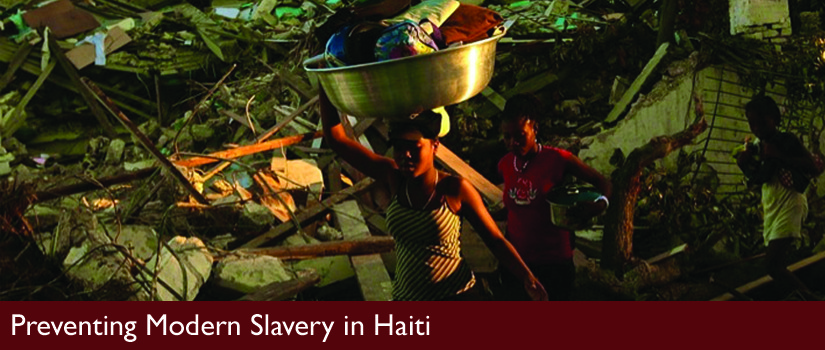Mass arrests of traffickers in Mexican human trafficking raids a�� what about the women?
August 8, 2011Comments are closed.
Media Contacts
Laura Lederer,President
Global Centurion Foundation
Marisa Ugarte,Executive Director
Bilateral Safety Corridor Coalition
619 459 8559
703 919 6828
Washington, D.C. (August 8, 2011)
Mass arrests of traffickers in Mexican human trafficking raids what about the women?
 More than 1,000 people were arrested last week by Mexican police in a crackdown on human trafficking and sexual exploitation in Ciudad Juarez, a town just across the southern border of the U.S. Mexican police claim they rescued 20 children and arrested at least 500 men and 530 women they suspect are connected with human trafficking and sexual exploitation.
More than 1,000 people were arrested last week by Mexican police in a crackdown on human trafficking and sexual exploitation in Ciudad Juarez, a town just across the southern border of the U.S. Mexican police claim they rescued 20 children and arrested at least 500 men and 530 women they suspect are connected with human trafficking and sexual exploitation.
500 men involved in human trafficking is a huge number. It could be one enormous trafficking ring, but more likely it is a series of gangs and networks involved in the recruiting, transporting, harboring, buying and selling of women and children.
What of the 530 women arrested in connection with human trafficking and sexual exploitation? Are they traffickers? More likely they are victims, says Marisa Ugarte, head of the Bilateral Safety Corridor Coalition, a coalition of more than 60 U.S. and Mexican organizations working to stop trafficking. Any woman who experienced force, fraud, or coercion including psychological coercion like threats and intimidation would be considered a victim of human trafficking under the U.S. Trafficking Victims Protection Act. says Ugarte. We need to find out if these women were being held against their will, if they were beaten or assaulted, or if their families were threatened. If so, they are victims, not traffickers.
Analysts say that much of the violence in Mexico, particularly in the north, is linked to the trade in drugs and humans. What they dont say is what fuels the trade in young females for sex. According to Laura Lederer, President of Global Centurion, an anti-trafficking organization in Washington DC, men frequenting brothels and cruising the streets for commercial sex are a key factor in the booming sex trafficking business. Lederer says women and children are trafficked from Mexico and Central America into back-alley brothels in the United States. Our first sex trafficking case in the U.S. was a case where hundreds of young women and children as young as 14 were trafficked from Mexico to a series of trailer brothels in Florida and South Carolina, says Lederer. In addition, she says, Men from the U.S. also cross the border into Mexico, particularly in border city areas, seeking sex from women and children who (unbeknown to the men) have been trafficked into prostitution and are being held against their will. This business knows no national borders.
American men need to understand who runs the sex trade. The people who traffic women and children into prostitution are violent criminals, often connected to other criminal syndicates and networks say Lederer and Ugarte. Ciudad Juarez is one of the most violent places in Mexico. More than 3,000 murders were committed in 2010 alone, making it the country’s deadliest city.
To address this serious problem, Mexico must pass a new human trafficking law that addresses the triangle of activity involved in trafficking: supply, demand, and distribution. Too often, the laws only prohibit human trafficking. This is good, because it gives law enforcement the tools to arrest and charge traffickers, but it does not address either supply (the women and children being sold) or demand (the men buying). A comprehensive law will address the entire triangle of activity, according to Lederer. Ugarte says, Any new law needs to have a victim-centered approach for women and children who are trafficked AND target both traffickers and buyers the men who purchase sex and fuel this illegal market. Over time, vigorous enforcement of such a tri-partite law will effectively eradicate the scourge of human trafficking.
About Bilateral Safety Corridor Coalition (BSCC)
Bilateral Safety Corridor Coalition (BSCC) is an alliance of over 60 government and nonprofit agencies in the United States and Latin America that is convened in and along the U.S.-Mexico Border Region to combat slavery and human trafficking. The purpose of the organization is to work bilaterally to prevent and intervene in the commercial and sexual exploitation of men, women and children. With offices in San Diego, Tijuana Mexico, BSCC is renowned for over a decade of work to stop human trafficking. See http://www.bsccoalition.org/ for more information.
About Global Centurion Foundation
Global Centurion Foundation is the leading international organization focused on fighting sex trafficking by focusing on demand. Men who buy sex fuel the market for commercial sex. Todays brothels often trade in women and children who have been trafficked into prostitution. Global Centurion assists communities, states, and governments in developing a comprehensive demand reduction strategy. Reducing and eliminating demand will dry up the global sex trade in women and children. Visit www.globalcenturion.org for more information and to see a global map of other hubs of demand for sex trafficking.





